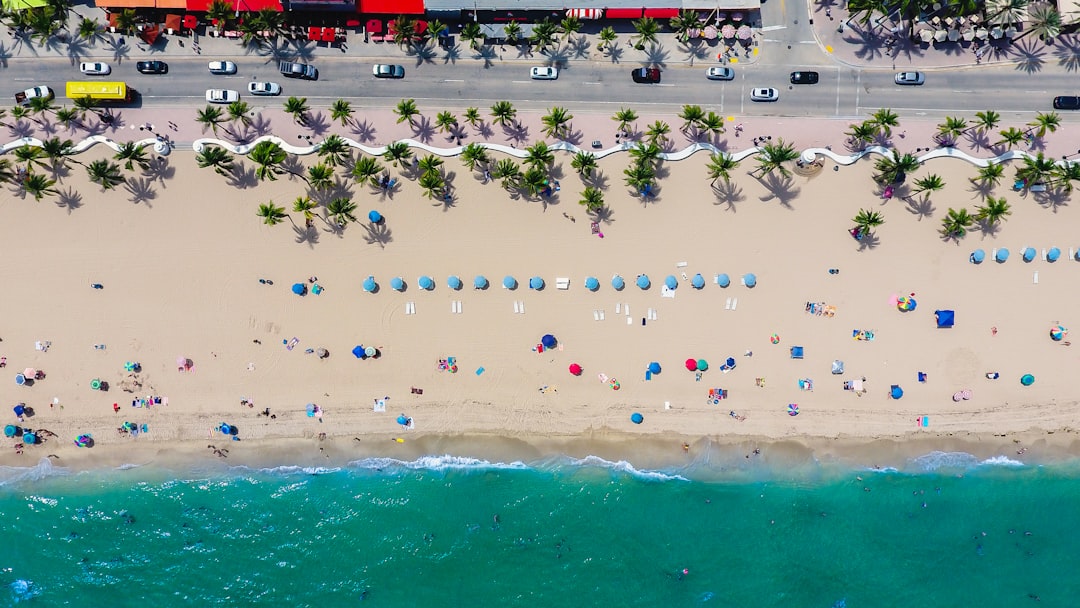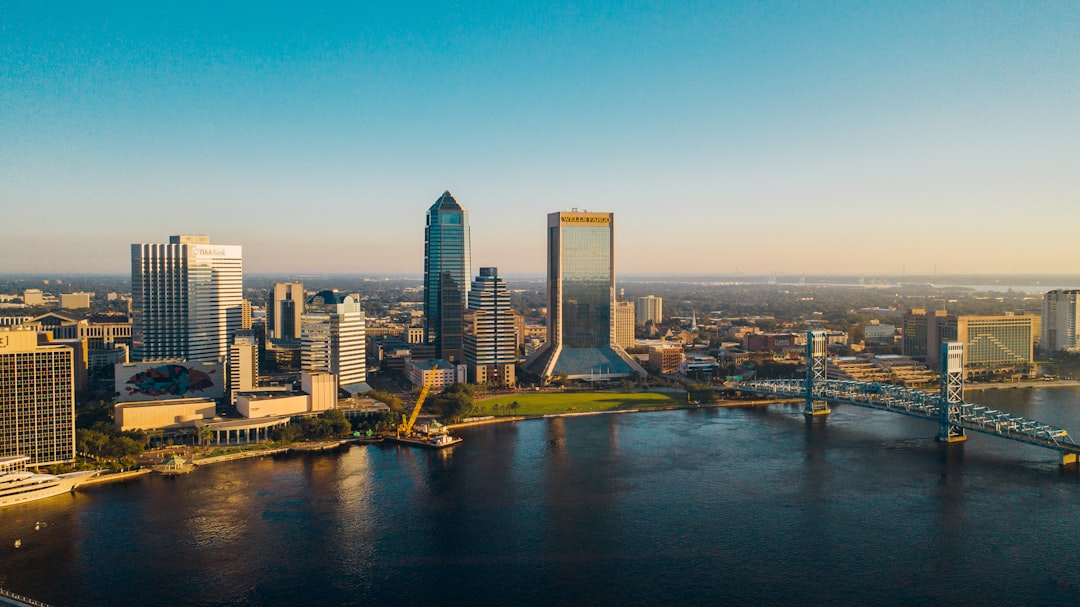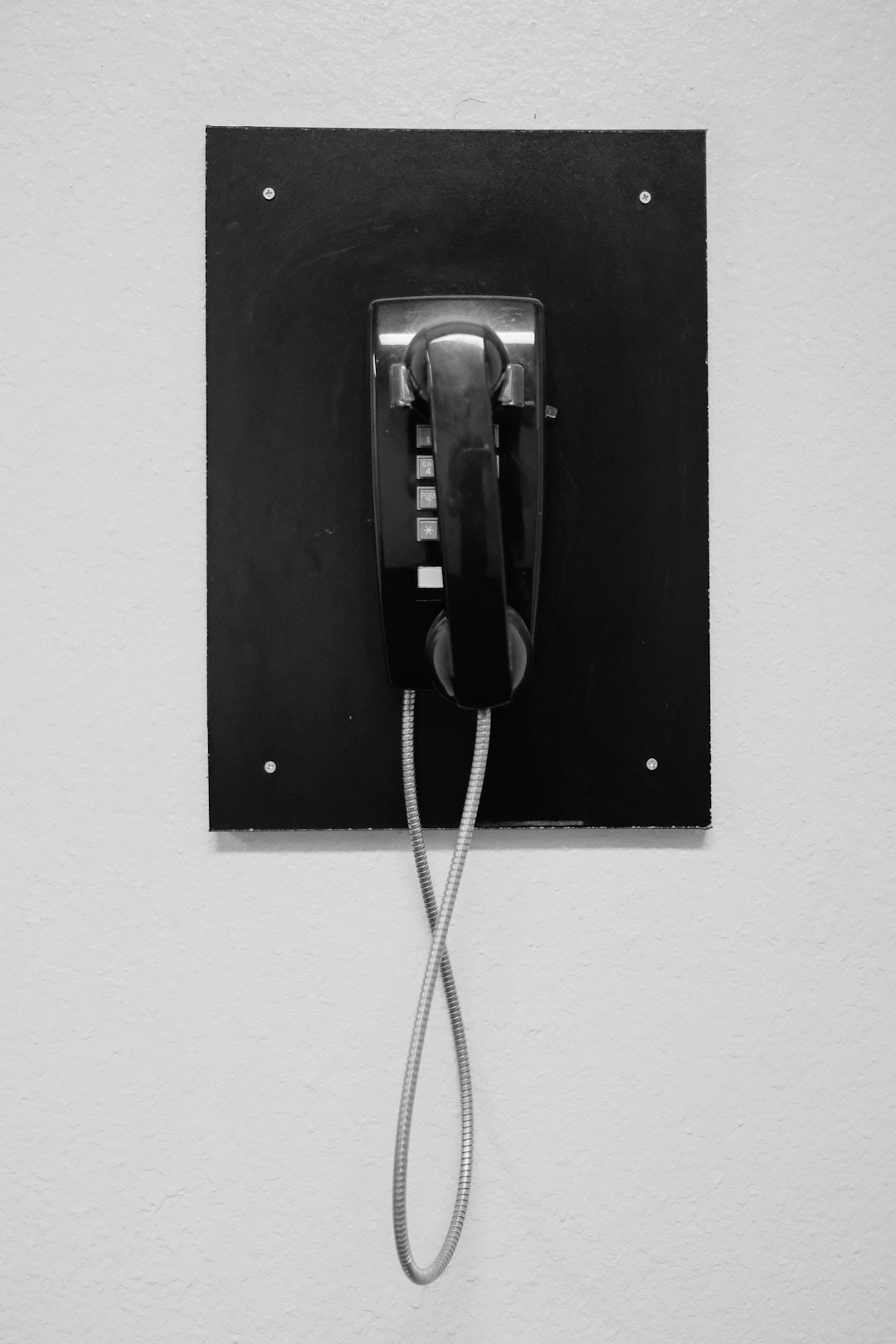Understanding Florida's debt collection laws is vital for fair debt recovery. Engaging a qualified lawyer for debt collector specializing in these laws is crucial for both creditors and debtors to navigate complex processes involving judgment enforcement, wage garnishment, asset seizure, and more, ensuring rights are protected and debts recovered legally.
In Florida, understanding debt collection laws is crucial for both debtors and creditors. This article guides you through the intricate process of judgment enforcement in the state, from recognizing when a debtor faces legal action to navigating post-judgment collection. We explore the role of a lawyer in facilitating debt collection and highlight the rights and options available to all parties involved. For those seeking a lawyer for debt collector laws in Florida, this is an essential read.
Understanding Florida Debt Collection Laws

Understanding Florida Debt Collection Laws is crucial for both debtors and debt collectors alike. In the state of Florida, debt collection practices are strictly regulated by law to protect consumers from unfair or abusive tactics. A lawyer for debt collectors in Florida must adhere to these regulations, ensuring fair treatment and transparent communication throughout the process.
Key aspects of Florida’s debt collection laws include strict rules on when and how often creditors can contact debtors, requirements for valid judgments, and limitations on fees and interest charges. Debtors have rights too, including the ability to dispute debts and request validation from collectors. A qualified lawyer specializing in this area can help navigate these complex regulations, ensuring that both parties understand their rights and responsibilities under Florida debt collection laws.
When Debtors Face Judgment Enforcement

When debtors find themselves on the receiving end of a judgment enforcement action, they often face a challenging and intimidating situation. In Florida, where strict laws govern debt collection practices, having a qualified lawyer for debt collector becomes imperative. This is particularly true when a debtor’s assets are at stake, as the state’s enforcement procedures can be complex and multifaceted.
Debtors typically face judgment enforcement when they fail to fulfill their financial obligations as per the original agreement or court order. A creditor, after exhausting amicable collection methods, may seek legal recourse by filing a motion with the court to enforce the judgment. This process involves various steps, including garnishment of wages, seizure of assets, and even the sale of property to satisfy the debt. Engaging an experienced Florida lawyer for debt collector can help debtors navigate these proceedings, explore potential defenses, and ensure their rights are protected throughout the enforcement process.
The Role of a Lawyer in Debt Collection

When it comes to Florida debt collection judgment enforcement, engaging a skilled lawyer can significantly enhance the process’s success rate. A lawyer for debt collectors in Florida plays a pivotal role in navigating the complex legal landscape surrounding debt recovery. They possess an in-depth understanding of state laws and regulations, ensuring that every step taken during the enforcement process complies with legal requirements.
These legal experts guide their clients through pre-judgment collection activities, including drafting effective demand letters and negotiating settlements with debtors. Post-judgment, they assist in executing the judgment, managing garnishment proceedings, and seizing assets to satisfy the debt. Their expertise is invaluable in avoiding legal pitfalls and minimizing potential risks and costs associated with debt collection, making them indispensable partners for efficient and lawful debt recovery.
Navigating Post-Judgment Collection Process

After a judgment is obtained in Florida, the next step for creditors and debt collectors is to initiate the post-judgment collection process. This involves several key stages designed to ensure enforcement of the original court order. A qualified lawyer for debt collector laws in Florida can guide clients through this intricate process, ensuring compliance with state regulations.
The first step typically includes filing a writ of execution with the county clerk’s office, which triggers a variety of actions. These may include levies on bank accounts, wage garnishments, and even the sale of non-exempt assets to satisfy the outstanding debt. Throughout this process, a Florida lawyer specializing in debt collection laws can help navigate legal complexities, protect the rights of both parties involved, and maximize the chances of successful debt recovery.
Rights and Options for Both Parties

When it comes to Florida debt collection judgment enforcement, both debtors and creditors have rights and options. A debtor has the right to dispute the judgment, negotiate a settlement, or request a payment plan from the creditor or their lawyer for debt collector in Florida. They can also file for bankruptcy protection, which may halt the enforcement process. On the other hand, creditors have the legal right to collect the outstanding debt, including seeking a court order to garnish wages, seize assets, or sell property to satisfy the judgment. A lawyer for debt collector in Florida can guide both parties through this complex process, ensuring their rights are protected and helping them navigate the best course of action.






